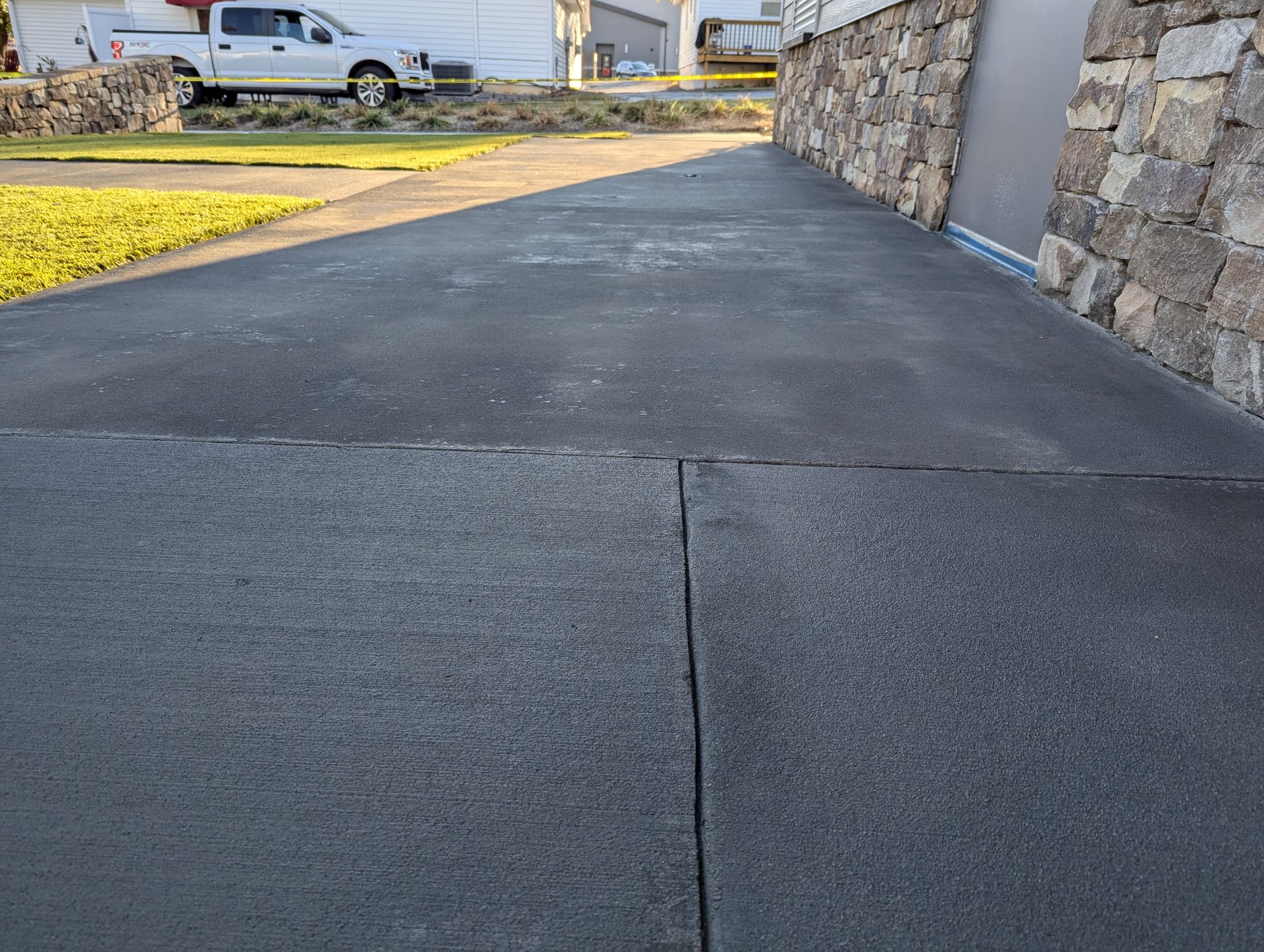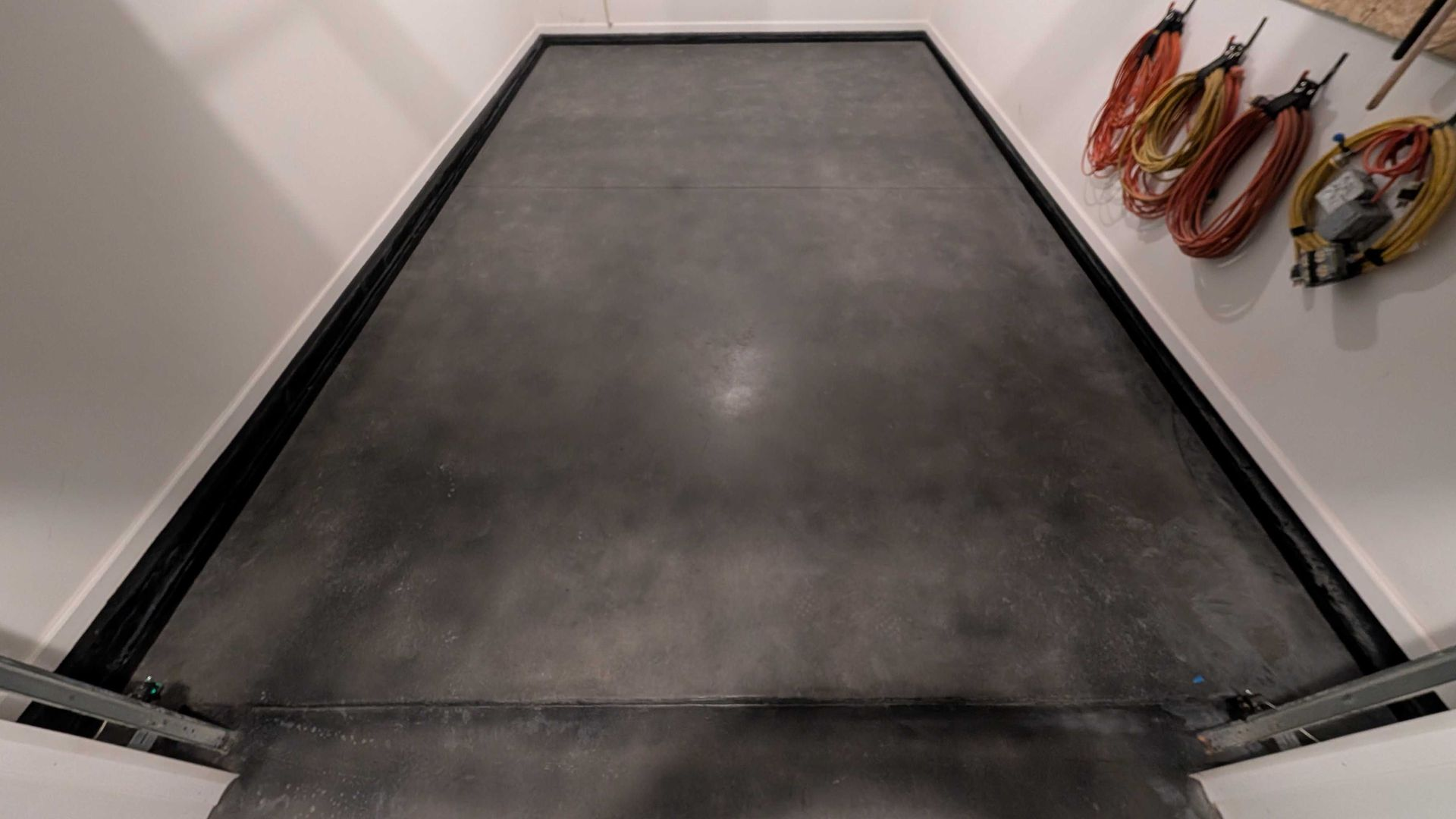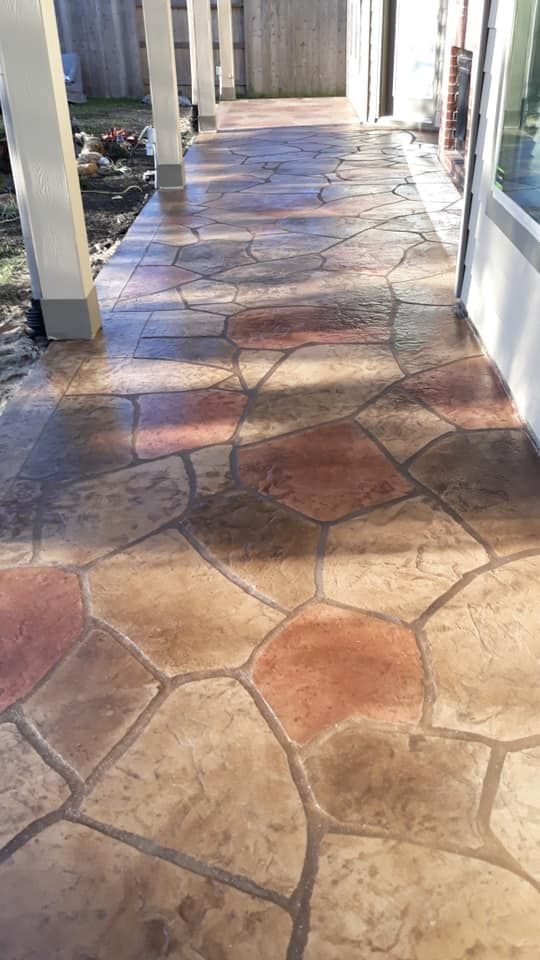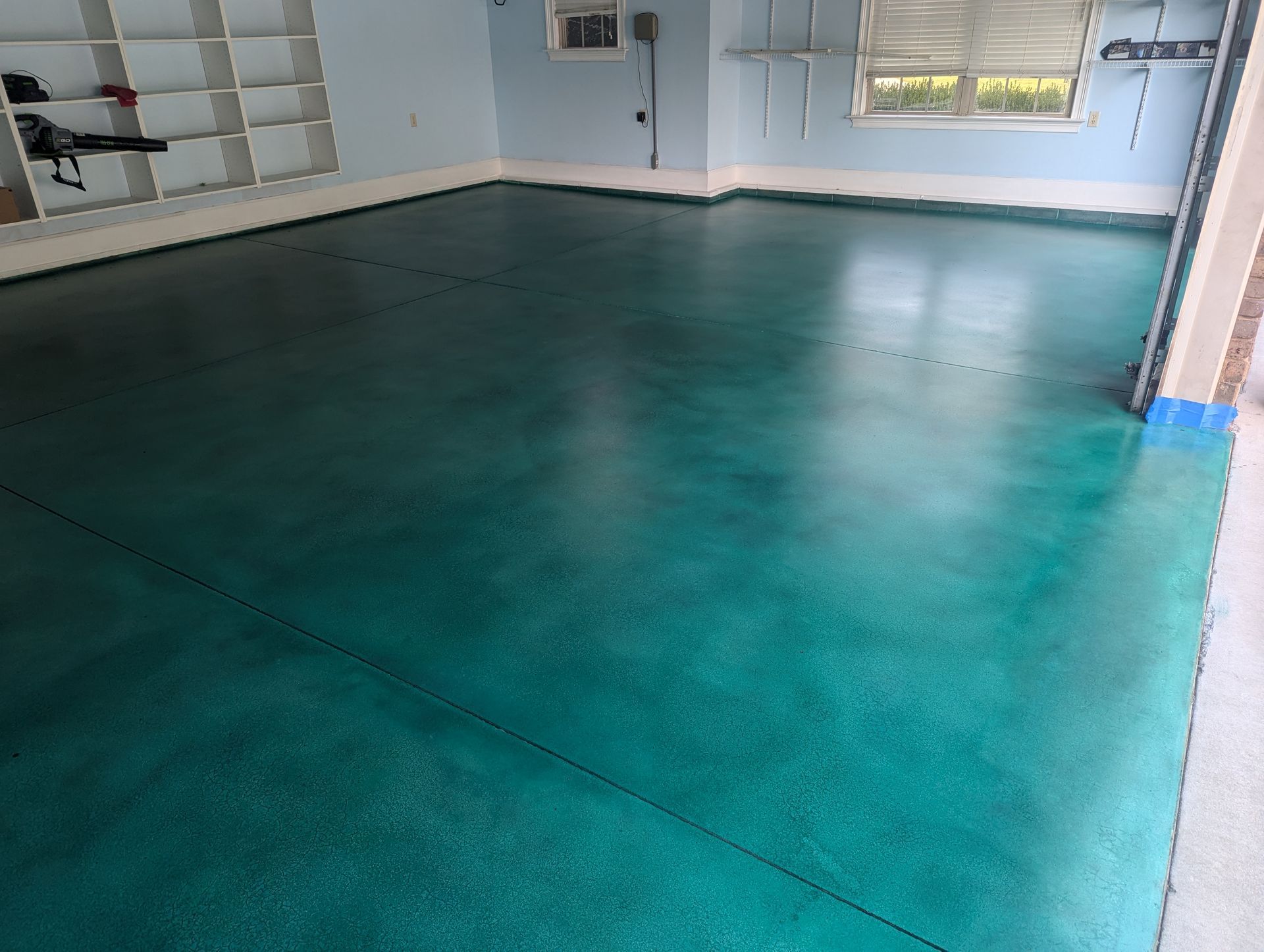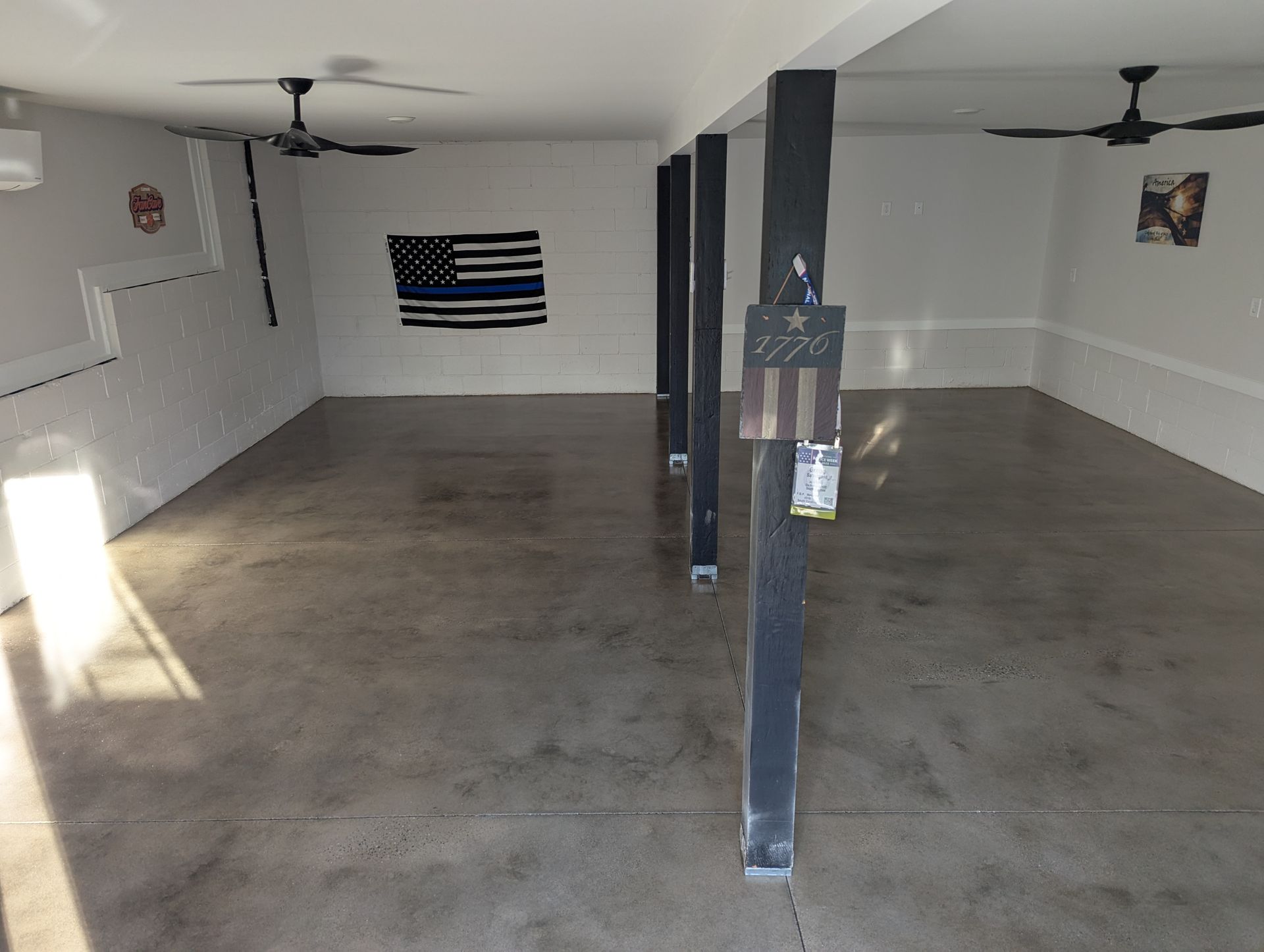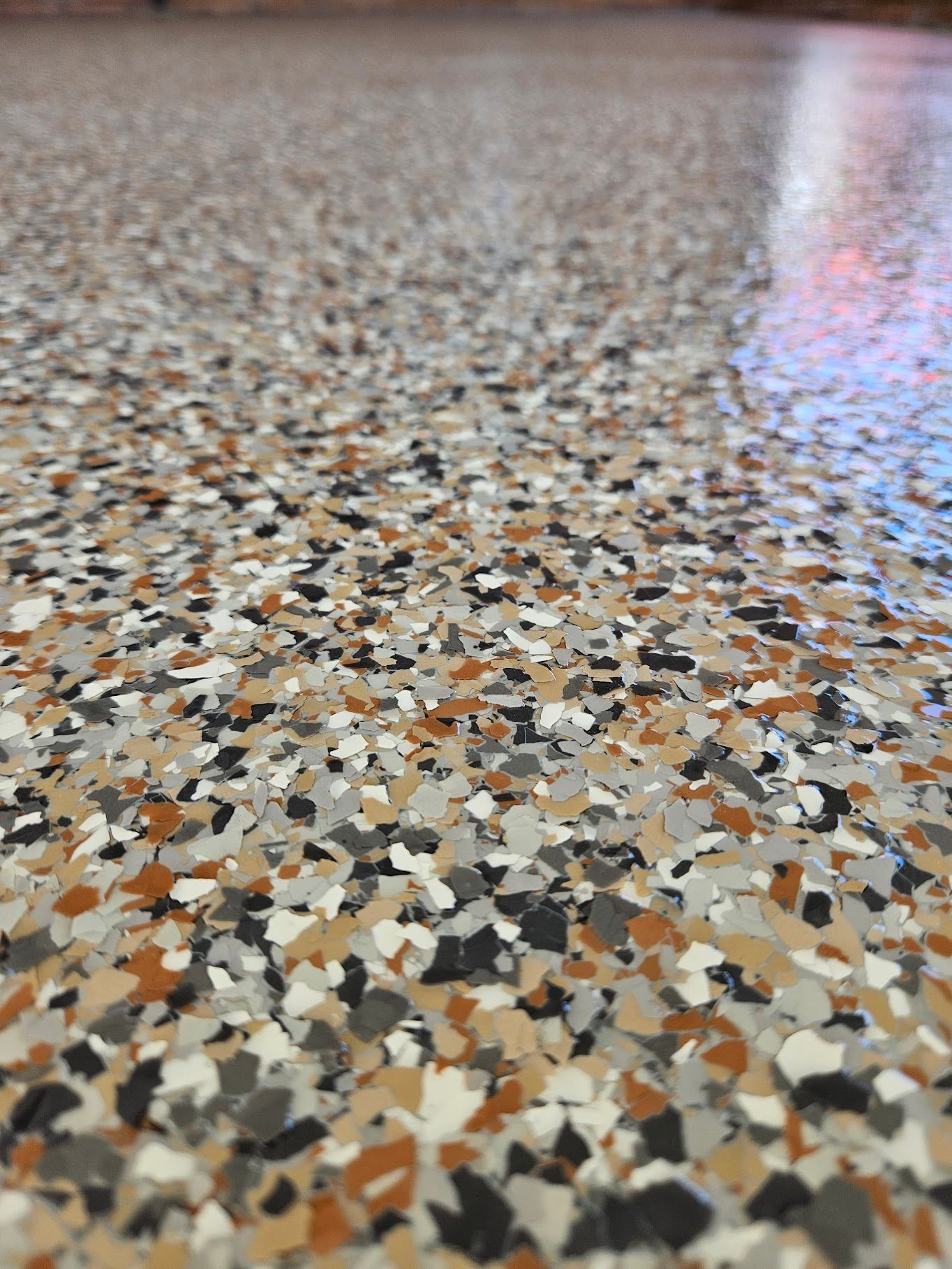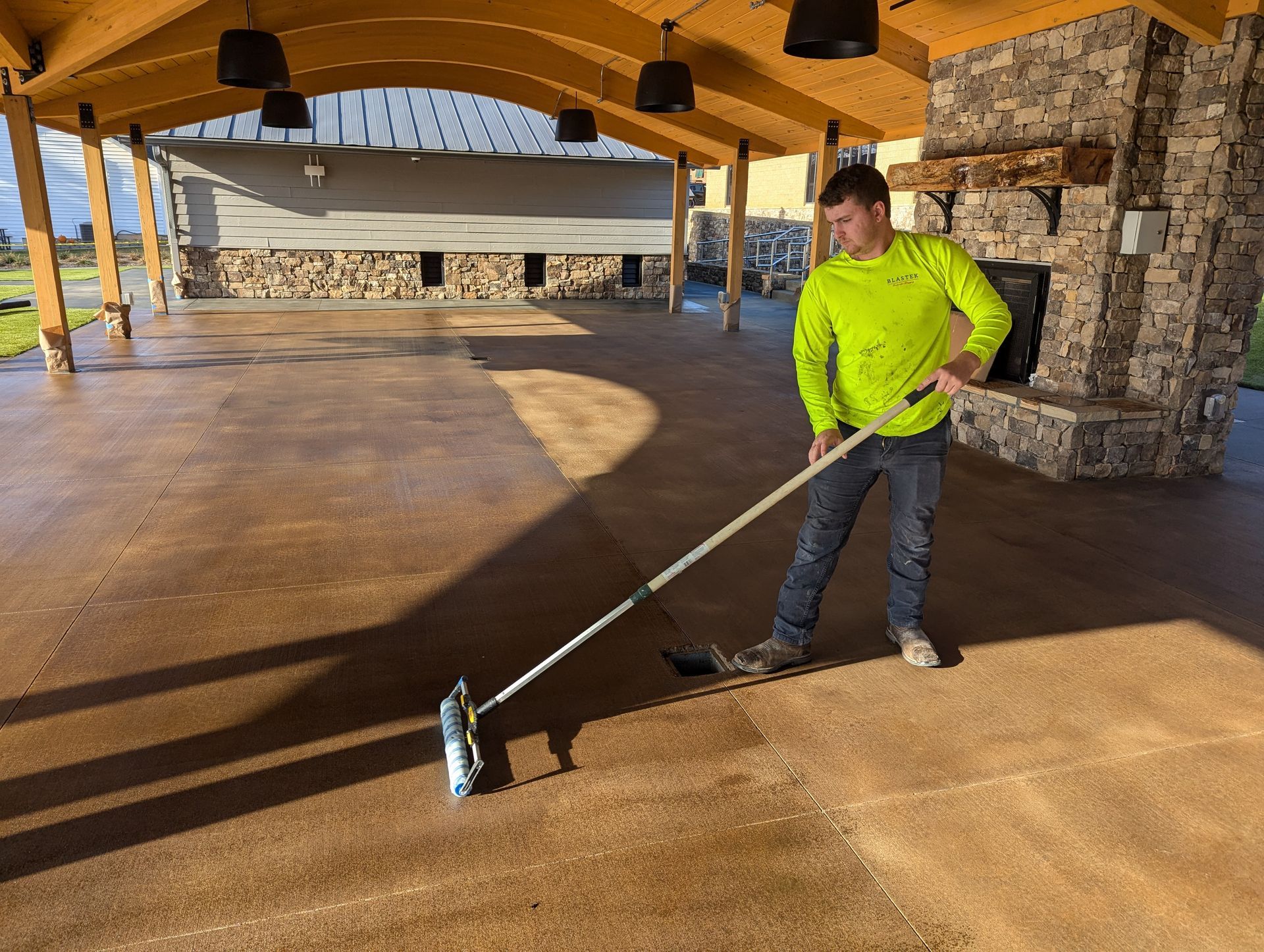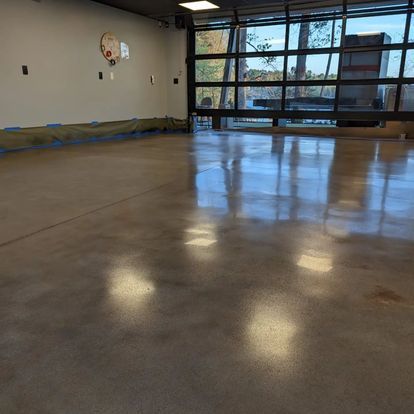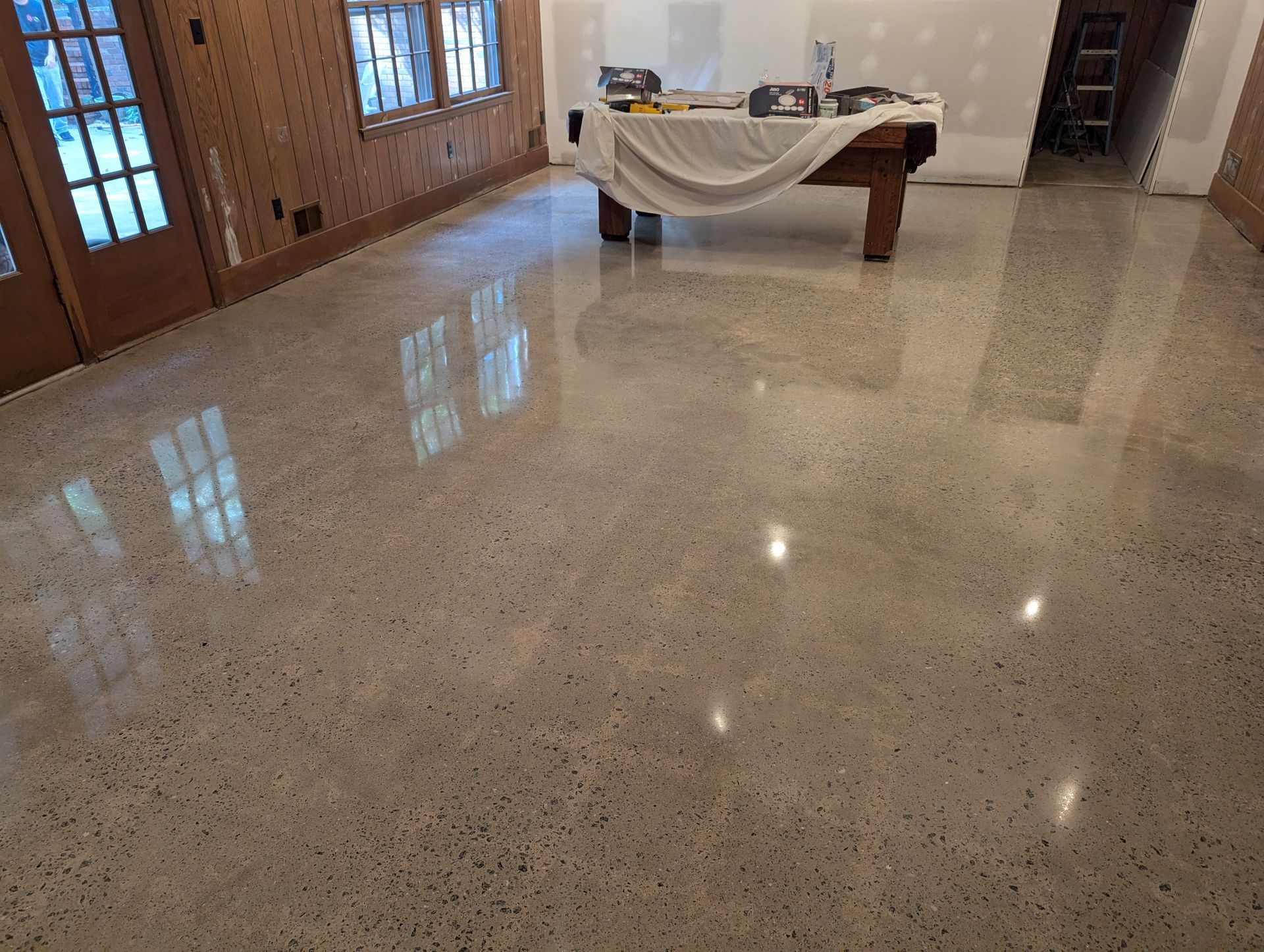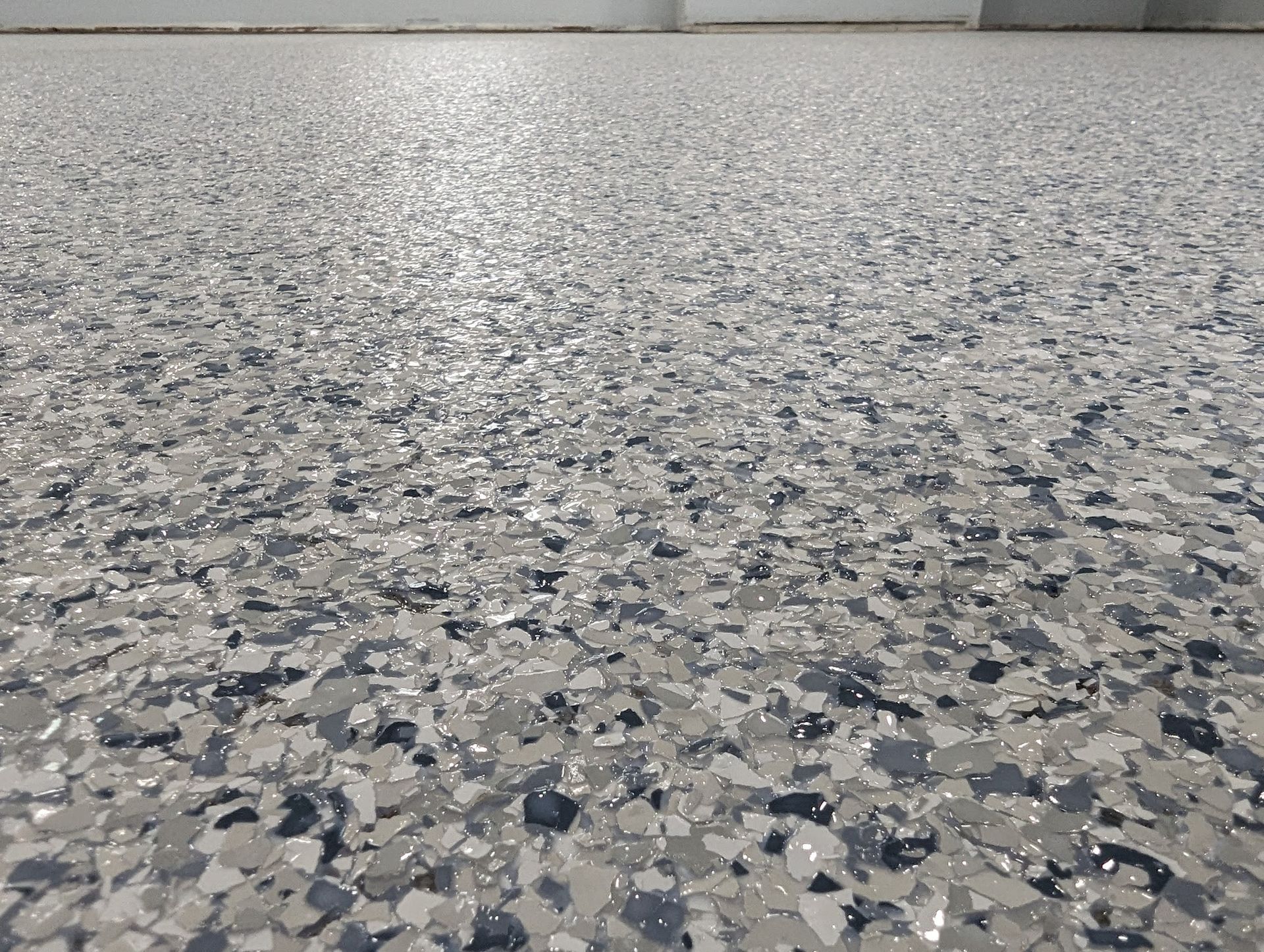How to Remove Oil Stains From Concrete Efficiently
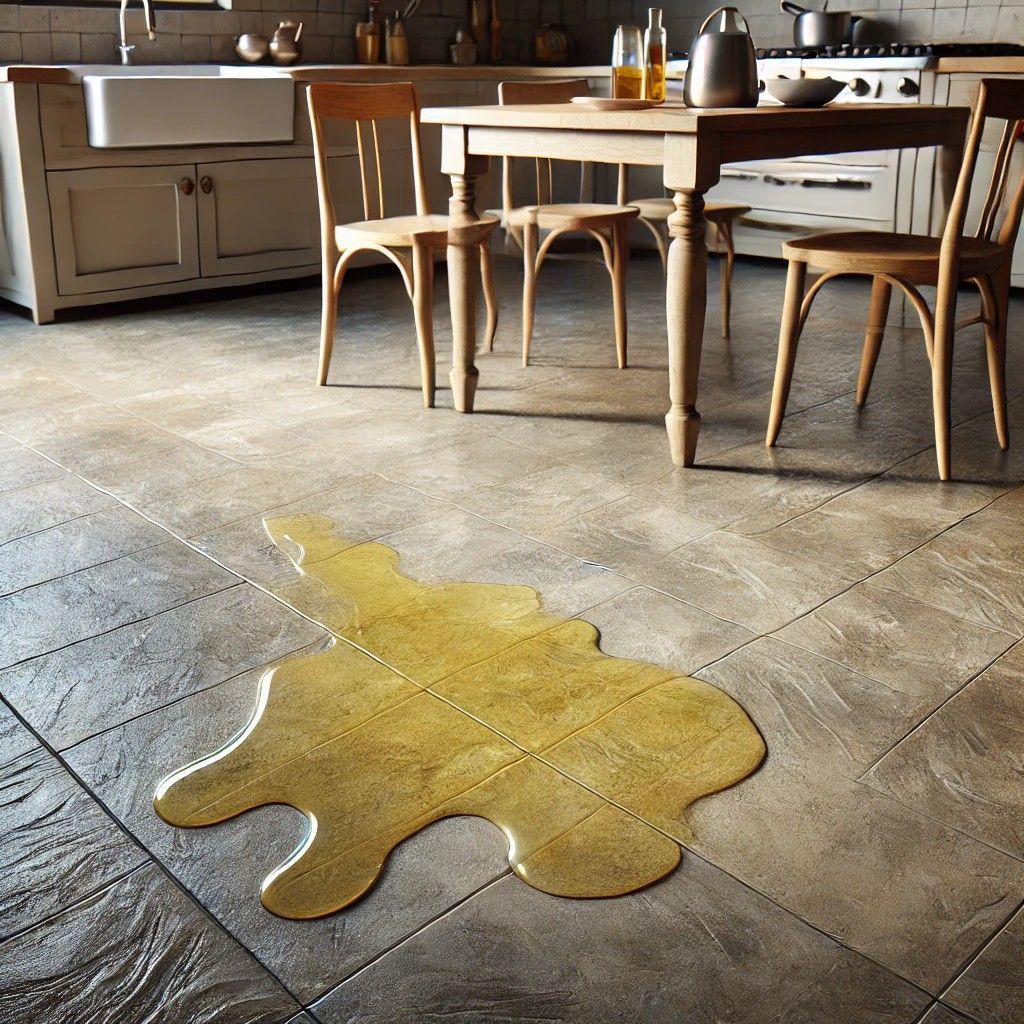
Oil stains on concrete are frustrating. Whether from cars, lawn equipment, or grills, those dark spots can be stubborn. Fortunately, the right tools and techniques can restore your concrete’s clean look. Here’s how to tackle those stains effectively.
Identifying the Right Tools for Efficiently Removing Oil Stains
Choosing the Right Cleaner
Before selecting a cleaner, assess the stain. Fresh spills are easier to remove, while older stains require stronger solutions. Options include:
- Degreasers – Breaks down thick oil stains.
- Alkaline Cleaners – Good for older, stubborn stains.
- Bio-Based Cleaners – Eco-friendly and safe.
Absorbent Powders for Fresh Spills
For new stains, absorbents like cat litter or baking soda can soak up excess oil before it sets.
Pressure Washers for Stubborn Stains
A pressure washer can blast away deep-set stains when combined with a strong cleaner.
Eco-Friendly Cleaning Solutions
Household alternatives work for minor stains:
- Baking soda paste – Scrubbed into the stain.
- Dish soap & warm water – Effective on light spills.
- Vinegar & water mix – Breaks down oil naturally.
Specialty Brushes for Scrubbing
Concrete brushes help loosen stains. Avoid metal bristles to prevent surface damage.
Best Practices for Using Cleaning Tools
Follow Manufacturer Instructions
Chemical cleaners have specific application methods. Always read labels before use.
Apply Cleaners Evenly
Ensure full coverage and let cleaners sit before scrubbing.
Use Pressure Washers Properly
Maintain proper distance to prevent concrete damage.
Rinse Thoroughly to Prevent Residue
Leftover chemicals can lead to discoloration—always rinse well.
Wear Safety Gear
Gloves, goggles, and masks help protect from harsh chemicals.
Comparing Chemical Cleaners for Oil Stains
Organic Solvents vs. Alkaline Cleaners
Organic solvents work naturally but may take longer, while alkaline cleaners are faster but require caution.
Cost-Effectiveness of Bio-Based Cleaners
Eco-friendly options may be pricier but offer safer long-term use.
Environmental Considerations
Harsh chemicals can seep into groundwater, so opt for green solutions when possible.
DIY Solutions for Oil Stains
Common Household Items That Work
- Baking soda paste – Absorbs and scrubs stains.
- Dish soap & warm water – Simple but effective.
- Vinegar & water mix – Natural degreaser.
- Hot water & detergent – Helps loosen oil residue.
- Cat litter – Absorbs fresh spills quickly.
Preventing Oil Stains on Concrete
Seal Concrete to Prevent Absorption
A good sealer blocks oil from penetrating, making clean-up easier.
Regular Cleaning Routine
Cleaning periodically prevents build-up and long-term staining.
Use Mats or Absorbents in High-Risk Areas
Placing mats under vehicles or machinery catches drips before they reach the concrete.
Seasonal Deep Cleaning
Regular maintenance reduces damage and prolongs surface life.
Evaluating Commercial Cleaning Products
Check Consumer Reviews
User feedback helps determine effectiveness before purchase.
Compare Brands for Cost and Quality
Higher prices don’t always mean better results—compare options first.
Look for Multi-Purpose Products
Some cleaners work on multiple surfaces, providing extra value.
Test Small Samples First
Trying a sample prevents wasting money on ineffective products
Q&A: Common Questions About Oil Stain Removal
What’s the fastest way to remove oil stains?
A degreaser with a pressure washer is the most effective method.
Can bleach remove oil stains?
No, bleach does not break down oil effectively and may discolor concrete.
Are eco-friendly cleaners as good as chemical ones
Yes, but they may require multiple applications for deep stains
Should I reseal my concrete after removing a stain?
Yes, resealing helps prevent future stains and makes cleaning easier.
Where can I find expert decorative concrete solutions?
For professional decorative concrete overlays and maintenance, Blastek has you covered!

